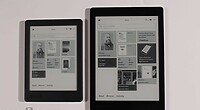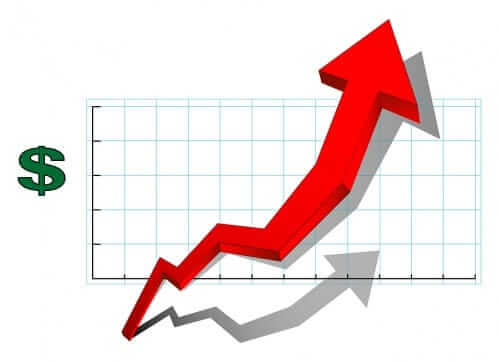Yes, the headline is intentionally inflammatory, and not in a click-bait sort of way. There are many in the publishing industry (and sadly, many even among the lowly writers themselves) who still don’t view self-publishing as a viable, respectable avenue to “real” authors.
Now that we’ve gotten mention of that mindset out of the way, it’s time to dive into the actual meat of the headline. A compilation by Patrick Walsh for The Writer culled data points from multiple sources to reach the conclusion that indie authors are slowly encroaching on the market share that has long been held by traditional publishing, notably the Big Five. Of course, much of the data is talking about ebooks over print sales, but as Walsh’s assessment from AuthorEarnings shows, print book revenue for the actual author is nothing compared to their digital income.
While the article grabs key points from several sources, including a Reddit AMA with a successful (re: six-figure income) self-published author and Hugh Howey and Data Guy’s pivotal AuthorEarnings research, there is one mention in the piece that has left readers scratching their heads.
When we say “indie authors” are now outselling, what exactly are we referring to? There’s an unfortunate distinction that comes into play. Indie authors were once the authors who’d been published by independent publishing houses; by some definitions, that would be any publisher who wasn’t one of the Big Five, meaning the powerhouse game changer Sourcebooks and even Amazon Publishing. But in recent years, that term has come to largely replace “self-published author” with the same focus, an author who maintains complete creative control from start to finish. This definition is even held by ALLi, the Alliance of Independent Authors.
What is truly important in the publishing sphere is the fact that authors who were once shunned, who were once told they would never be able to put food on the table, are now matching traditionally published authors with major-name companies behind them.
Mercy Pilkington is a Senior Editor for Good e-Reader. She is also the CEO and founder of a hybrid publishing and consulting company.

